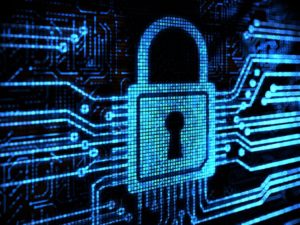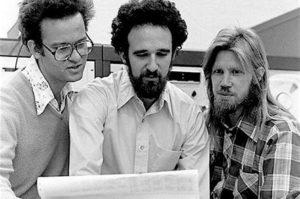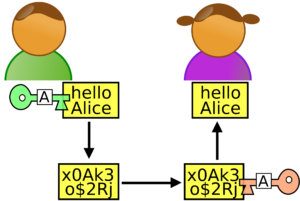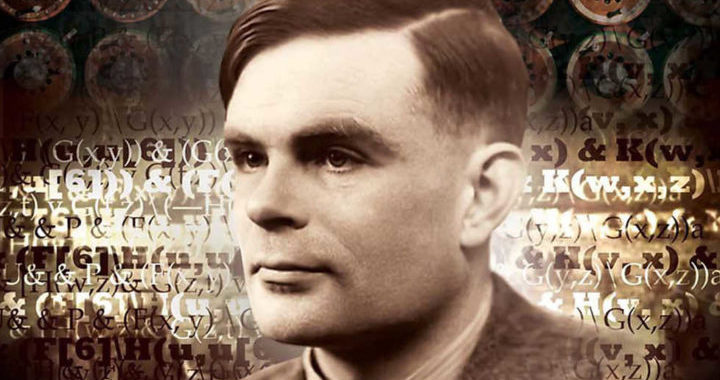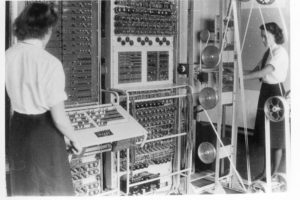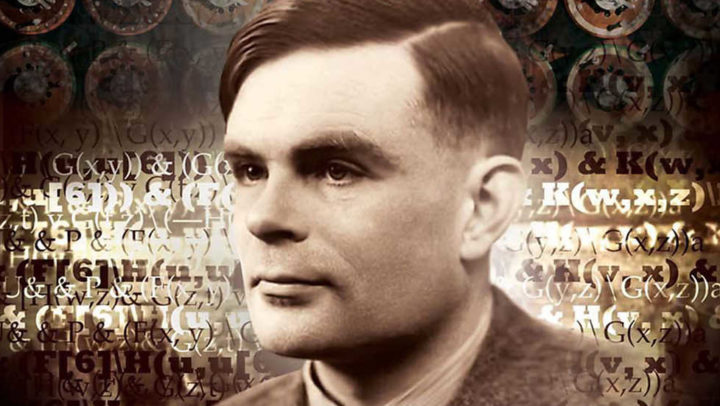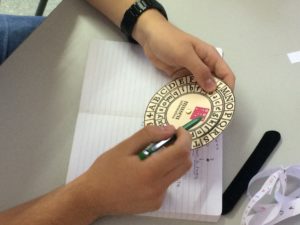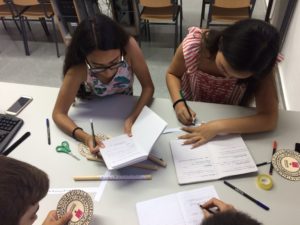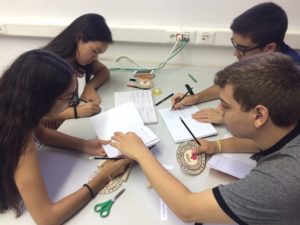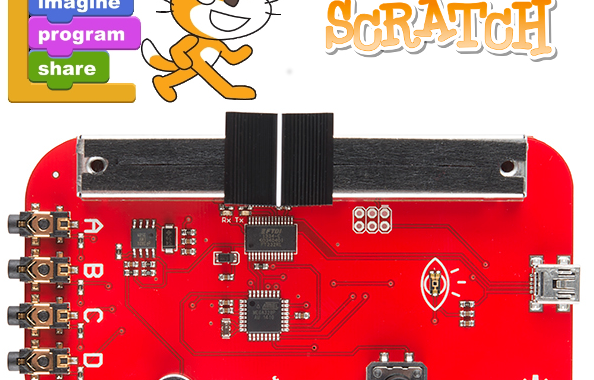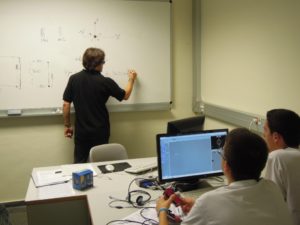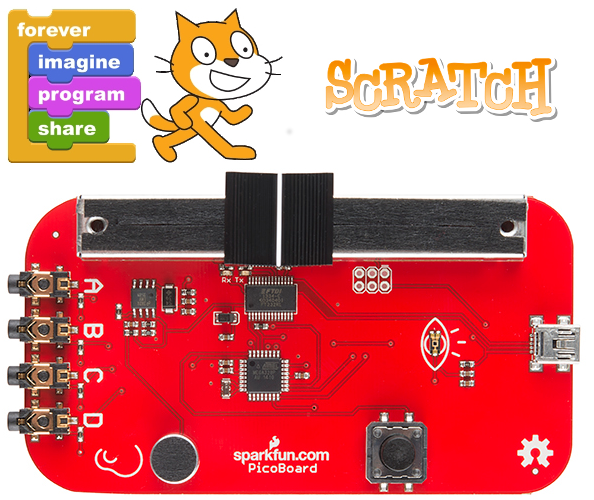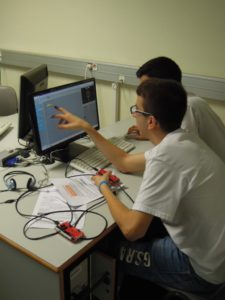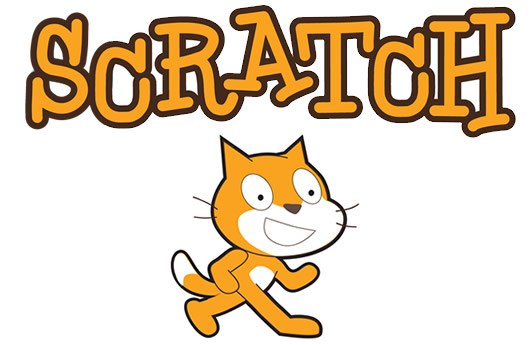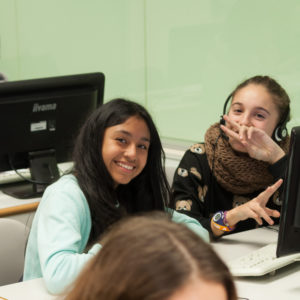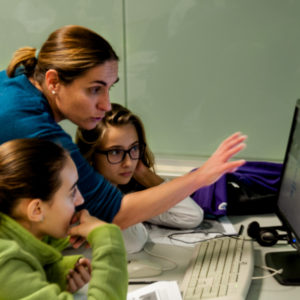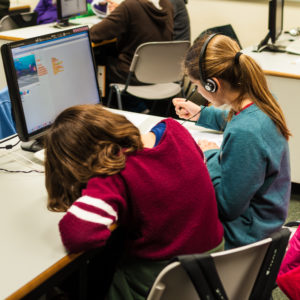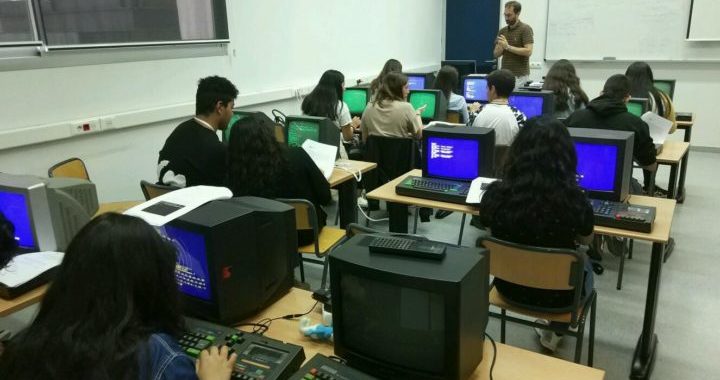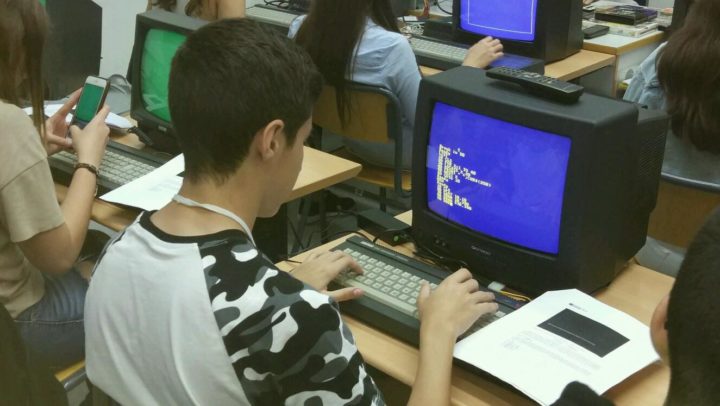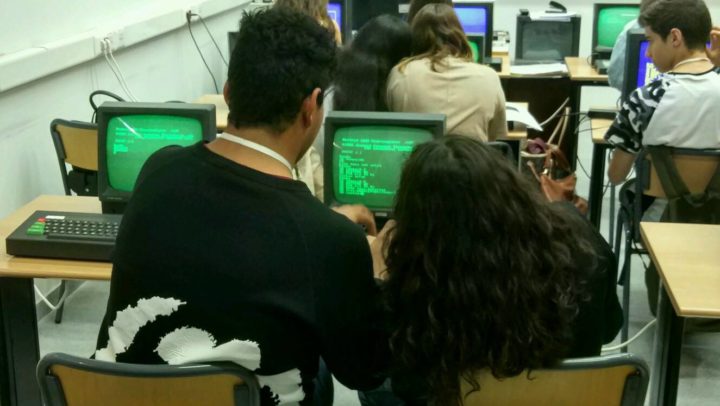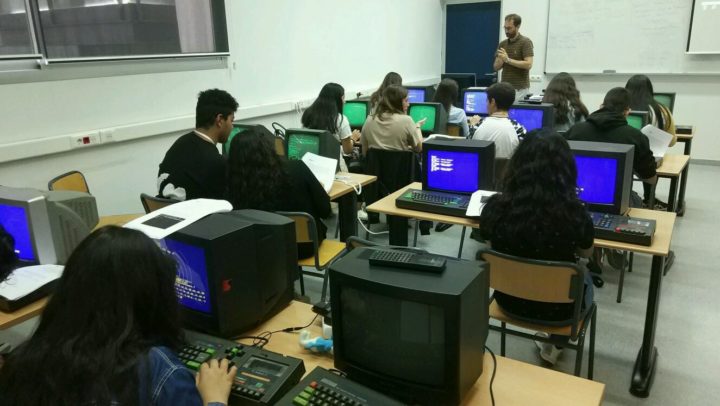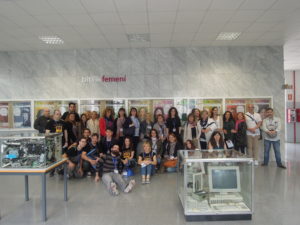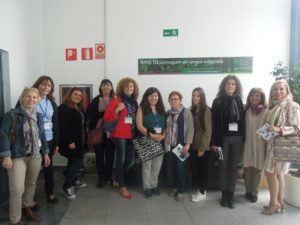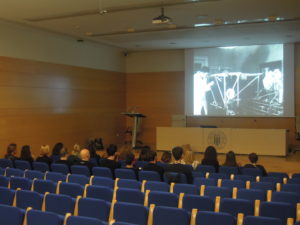This workshop shows the mathematic foundation of the asymmetric cyphering systems used in nowadays computers. Through some practical activities we will explain differences between public and private key, Kerckhoffs’ principle, Diffie-Hellman algorithm and we will try to break them. This workshop requires the visitors to have some mathematical concepts clear (factorisation, prime numbers), so it is recommended for undergraduate students.
Category Archives: Activities
Alan Turing and the Enigma Machine
Know all the aspects of the life and work of the british mathematician Alan Turing, one of the fathers of informatics. This workshop focuses in the Alan Turing’s role during WWII as a cryptoanalist of the encrypted messages of the German Force. Visitors will act as cryptonanalysts and will know how Enigma Machine worked as well as use it to encrypt and decrypt their own messages. This workshop is recommended for people of all ages.
- Enigma
- Alan Turing
Classic Cryptography workshop
In this workshop we teach, in a fully practical way, some of the most known methods in message encryption. In addition, we introduce the mathematical basis of cryptoanalysis. This workshop is recommended for those looking forward to introduce themselves into the cryptography world.
Physical programming workshop using Scratch and Picoboard
This workshop combines Scratch programming and physical world interactions through the Picoboard sensor board. Visitors will have fun by designing and programming video games in which sliders, buttons and light and noise detectors take part. This workshop is recommended for those with basic programming skills who want to involve their programs with real world physical events.
Basic Programming Workshop using Scratch
In this activity we teach programming by means of the design and conception of a videogame, just as a computer engineer will do it, applying computational thinking. To participate in this activity there is no need to have previous knowledge on programming skills nor using Scratch. This activity is prepared for those programming beginners.
Retroinformatics Workshop
This activity takes the visitor into the world and uses of informatics of the first home computers. We use Amstrad microcomputers from the decade of 1980s to study little BASIC written programs and play some vintage videogames. Due to the material, the museum staff recalls teachers and visitors to be responsible and careful when using it. This workshop can take up to 32 students.
Insight to Informatics Museum
The best way to visit our facilities. The activity includes the projection of a ducumentary about the History of Informatics. After that a guided visit through all the permanent exhibition is made. During the visit you will be able to see all kind of computing devices, the milestones of personal computing and also a great number of great-sized computers. The visit will be organised in each case to adapt it to the visiting group. Guided Visits are designed for people of all ages.

